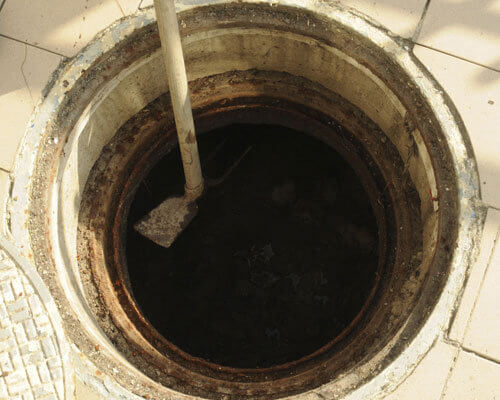Understanding Water Softener Systems – How They Work And Their Benefits
Слоты гемблинг-платформы {Моней Икс}: надежные видеослоты для крупных выигрышей
4 mayo, 2025Выдающиеся джекпоты в казино {Мани Икс официальный сайт}: воспользуйся шансом на огромный подарок!
4 mayo, 2025Understanding Water Softener Systems – How They Work And Their Benefits
With the increasing number of households facing problems with hard water, understanding water softener systems has become necessary for maintaining the efficiency and longevity of your home’s plumbing and appliances. Hard water contains high levels of minerals, particularly calcium and magnesium, that can create a variety of issues, including scale buildup in your pipes and appliances, reduced soap efficiency, and dry skin and hair. Investing in a water softener can transform your water quality and improve your overall home environment.
At the core of a water softener system is the process of ion exchange. When water enters the system, it passes through a resin bed that is loaded with sodium ions. As the hard water travels through these resin beads, the calcium and magnesium ions are exchanged for sodium ions. This process effectively reduces the hardness of your water, resulting in softer water that feels great on your skin, is more effective for cleaning, and protects your pipes and appliances from damage.
 Typically, your water softener will consist of a few key components: the brine tank, the resin tank, and the control valve.
Typically, your water softener will consist of a few key components: the brine tank, the resin tank, and the control valve.
The brine tank holds salt used to regenerate the resin beads after they have become saturated with calcium and magnesium ions. Once the resin is exhausted, the system automatically begins a regeneration cycle, where saltwater flows through the resin tank, flushing out the trapped minerals back into the wastewater drain. This process allows the system to continuously provide you with soft water without interruption.
One of the most significant benefits you will notice when using a water softener system is the reduction of scale buildup. This can lead to an increase in water flow and better performance from appliances like dishwashers and water heaters. With softer water, you’ll also likely find that you can use less detergent for laundry and dishes, as soft water enhances the effectiveness of soaps and detergents. This not only saves you money but extends the life of your garments and dishware.
Your skin and hair will also benefit from a water softener. Many people report less irritation and dryness after switching to softened water, leading to a more comfortable bathing experience.
If you or someone in your family suffers from skin conditions, soft water can often mitigate symptoms and promote healthier skin overall.
Additionally, by preventing scale buildup, SoftPro water softeners can help prolong the lifespan of your plumbing and appliances, thus avoiding costly repairs and replacements. The investment in a water softener system can yield significant savings over time, making it a wise choice for homeowners looking to improve their water quality.
After all is said and done, understanding water softener systems and how they work can lead to improved water quality and numerous benefits for you and your home. From better appliance efficiency to healthier skin, a water softener can greatly enhance your daily life. Consider the advantages of soft water and take action to transform your home’s water supply for the better.
